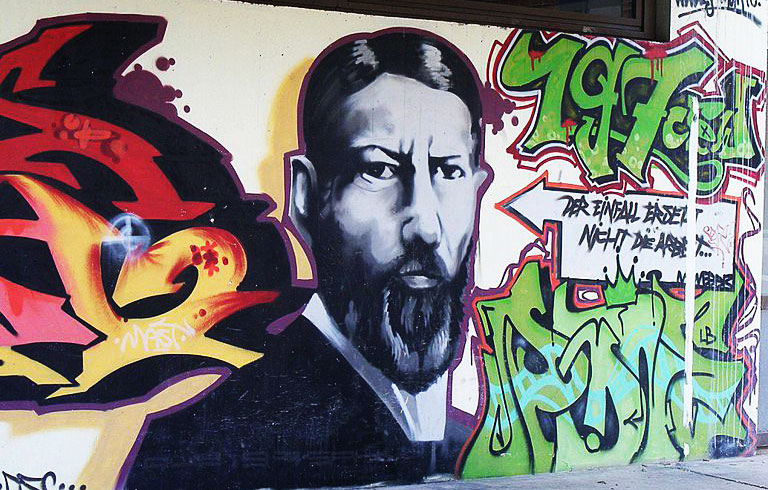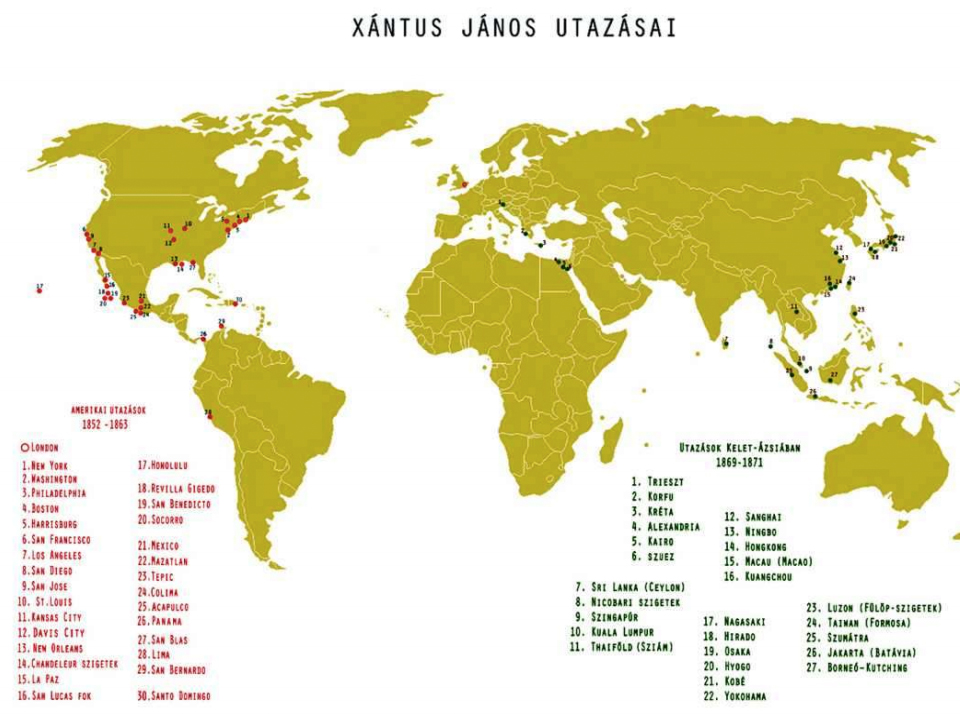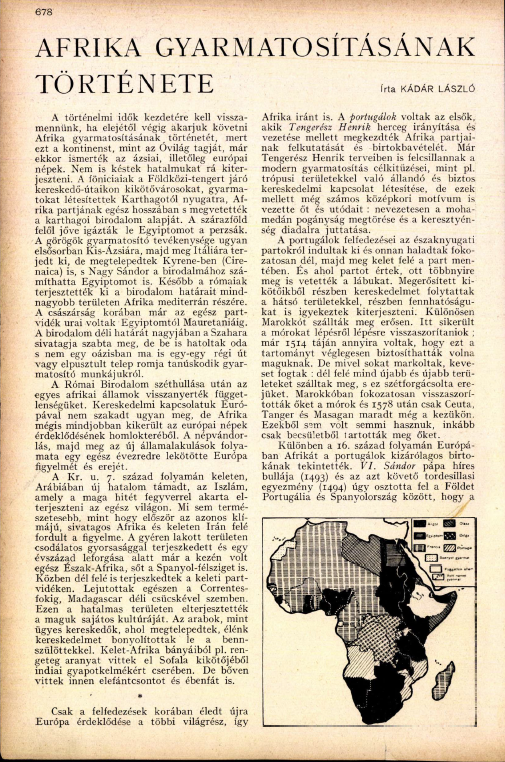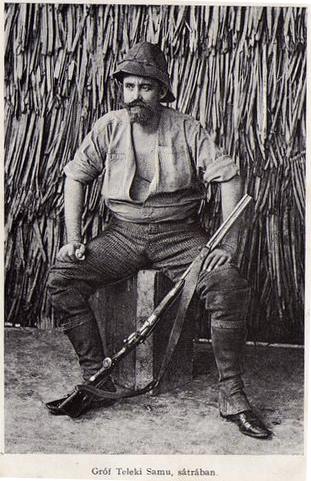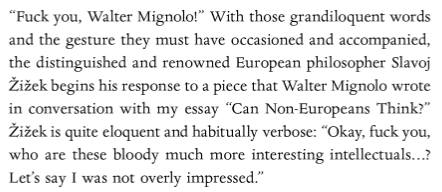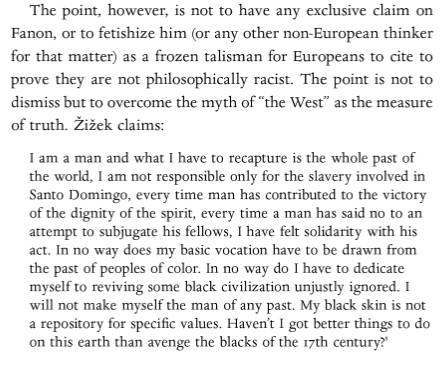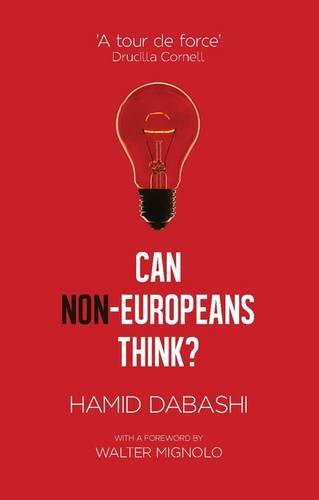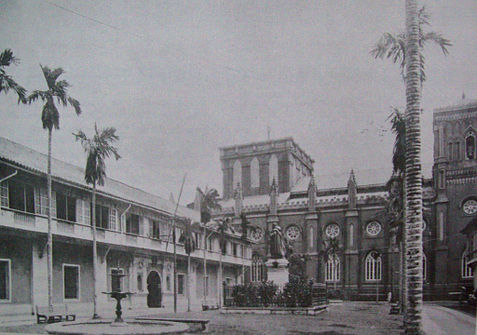In recent months I’ve prepared a new research plan/paper on the stuff I’ve been doing, connected to my work in the 1989 After 1989 project:
The “spatial turn” in the history of scientific knowledge has called into question abstract notions of scientific development and specifically national disciplinary and institutional narratives. The past two decades has seen a growing number of studies in the historical geographies of scientific knowledge (HGSK), aiming to understand where knowledge is produced and disseminated, and how the content of knowledge changes in motion and adapts to local contexts and social interests (Livingstone 2003; Powell 2007; Withers 2009). Recently, increased globalization has summoned an upsurge of research focusing on interconnectedness through knowledge networks and circulations, transnational histories and global comparative studies, arguing against the “methodological nationalism” of previous research in favour of alternative transnational concepts (Keim et al. 2014; Conrad 2016).
On the other hand, postcolonial and decolonial approaches have contested Eurocentric or Westcentric epistemological frameworks and discursive formations, providing a reassessment of multiple or alternative modernities and elucidating the hierarchical orders of knowledge regimes (Chakrabarty 2007; Boatca and Costa 2012). However, much of this original literature on postcolonialism focused either on the global centre or the former colonial world, silencing in-between semiperipheral contexts such as Eastern Europe under transitory and provincialised terms such as “postsocialism,” while there has been little theorizing between the “posts” (Chari and Verdery 2009). This marginalization process has also led to the concealment of Second-Third World relations and the interdependency of centre and periphery contexts in an interconnected global context (Ward 2010; Mark and Apor 2014).
While the perceived non-colonial background of Eastern Europe provided excuses for many in the region to distance themselves from postcolonial studies (Moore 2001), historical studies have nevertheless shown the existence of long-term structures of hierarchical dependency and East-West “civilizational slopes” even since the Renaissance and the Enlightenment (Wolff 1994), which have well endured into socialist and postsocialist times (Melegh 2006). This continuity is well captured by the self-Orientalizing development and geographical concepts in social science, geography and economic history (Petrovici 2015). These can be exemplified by various contexts: the enduring dichotomies of “Eastern” and “Western” development (Éber et al. 2014), the “catching-up” neoliberalist transitology (Stenning and Hörschelman 2008), the “civilizing mission” of European Union accession (Böröcz and Sarkar 2005), the subaltern adaptation of development policy models, and the uneven reproduction of Western academic hegemony.
This research argues for “decolonizing” diffusionist and neoevolutionist theories that have been appropriated as the dominant narrative of the global centre and imposed upon the Eastern European context (Boatca and Costa 2012). Simultaneously it argues for a global perspective of transnational interconnectedness in understanding Eastern European developments in the production of geographical knowledge. It does so by using contemporary literature in critical geography and international relations, and specifically in postcolonial, decolonial theory and world-systems analysis to deconstruct internalised structures of dependency and global hierarchies inherent in Eastern European geographical epistemologies. By “speaking from the semiperiphery,” it aims to reassemble local knowledge production on global geographical concepts, in light of overlooked global historical interconnectivity between “East” and “West.” The research aims to apply these theoretical insights to understanding how Hungarian reform economists tried to position the country in various global imaginations between the 1960s and 1980s in the context of integrating into the world economy and thus breaking away with Cold War concepts amidst increasing global competition and economic restructuration due to crises.
After World War II, the imperialist and nationalist-revisionist ambitions of the Hungarian state elite crumbled with the demise of the previous “high imperialist” era. The Communist takeover and the process of Sovietization created a new setting under the imperial and colonial influence of the Soviet Union, and a rise of economist experts succeeding the pre-WWII primacy of geographers. Stalinist orthodoxy summoned a dichotomous Cold War imagination of separate “capitalist” and “socialist” worlds, soon to be called “world systems,” while the production of geographical knowledge and textbooks on regional geography also followed this essential dichotomy. But the détente period after de-Stalinisation and the gradual opening up of diplomatic and trade relations due to an economic upturn in the world economy and the process of decolonisation led to reconfigurations in global geographical and development imaginations.
The maintaining of the Eastern European “buffer zone” necessitated the Soviet Union to foster trade relations both with the West and the so-called Third World. Eastern European reformers in Poland and Hungary pushed towards “market socialism”, as acquiring advanced technology and foreign currency from the West implied finding ways to finance development either through foreign loans or export-oriented growth, and facilitated exporting expertise and investments into the Third World and searching for state-led development models abroad, such as in Spain, South Korea and Chile (Bockman, Feygin and Mark forthcoming). These reformist ambitions generated a virulent debate and the emergence of new geographical concepts connected to the country’s shifting foreign trade policies and lobbying activity in international organizations (UN, UNCTAD, GATT) in order to manoeuvre between “East” and “West.”
While the concept of the “Third World” was disregarded by Eastern European socialist countries, they aimed to reposition themselves between “developed” and “undeveloped” countries in an urge to “catch up” with the West. By the 1970s in Hungary, some new concepts such as “semi-periphery,” “small economies” (Kádár 1971), “open economies” (Kozma 1980) had emerged in the Centre for Afro-Asian Research (1965-) and the Institute for World Economy (1973-) at the Hungarian Academy of Sciences, which consequently developed the new field of area studies. In turn, some Western concepts, such as Wallersteinian world-systems analysis and the concept of “semiperiphery” were influenced by Eastern European economic historiography. In later developments, the series of Fejlődés-tanulmányok [Development Studies] published in 1978–1989 and journals such as Világtörténet [World History] introduced the new fields of development studies, world-systems analysis, centre-periphery thinking and postcolonial theory into the fields of area studies and international relations.
This research thus aims to understand through historical materials of scientific publications and policy papers connected to these institutions how alternative geographical conceptions of socialist globalization emerged and permeated global imaginations in area studies. The theoretical-methodological novelty of this research lies in connecting the approaches of transnational or global history, political economy and the history of ideas: Hungarian semiperipheral knowledge production is conceptualised in the interconnected contexts of centre-periphery relations.
References
Boatca, M., Costa, S. (2012): Postcolonial Sociology: A Research Agenda. In: Rodríguez, E. G., Boatca, M. (eds.): Decolonizing European Sociology: Transdisciplinary Approaches. Farnham and Burlington: Ashgate Publishing.
Bockman, J., Feygin, Y., Mark, J. (forthcoming): The Soviet Union, Eastern Europe and Alternative Globalisations 1950s–1980s. Manuscript.
Böröcz, J., Sarkar, M. (2005): What is the EU? International Sociology, 20(2): 153–173.
Chakrabarty, D. (2007): Provincializing Europe: Postcolonial Thought and Historical Difference. Princeton: Princeton University Press.
Chari, S., Verdery, K. (2009): Thinking Between the Posts: Postcolonialism, Postsocialism, and Ethnography after the Cold War. Comparative Studies in Society and History, 51(1): 6–34.
Conrad, S. (2016): What is Global History? Princeton: Princeton University Press.
Éber, M., Gagyi, Á., Gerőcs, T., Jelinek, C., Pinkasz, A. (2014): 1989: Szempontok a rendszerváltozás globális politikai gazdaságtanához. Fordulat, 21.: 10–63.
Gille, Z. (2010): Is there a Global Postsocialist Condition? Global Society, 24(1): 9–30.
Kádár, B. (1971): Kis országok a világgazdaságban. Budapest: Közgazdasági és Jogi Könyvkiadó.
Keim, W., Celik, E., Erche, C., Wöhrer, V. (eds.)(2014): Global Knowledge Production in the Social Sciences: Made in Circulation. Corchester (UK): Ashgate.
Kozma, F. (1980): A nyitott szerkezetű gazdaság. Budapest: Kossuth.
Livingstone, D. N. (2003): Putting Science in its Place: Geographies of Scientific Knowledge. Chicago: University of Chicago Press.
Mark, J., Apor, P. (2014): Socialism Goes Global: Decolonization and the Making of a New Culture of Internationalism in Socialist Hungary, 1956–1989. The Journal of Modern History, 87: 852–891.
Melegh, A. (2006): On the East-West Slope: Globalization, Nationalism, Racism and Discourses on Central and Eastern Europe. Budapest: CEU Press.
Moore, D. C. (2001): Is the Post- in Postcolonial the Post- in Post-Soviet? Toward a Global Postcolonial Critique. PMLA, 116(1): 111–128.
Petrovici, N. (2015): Framing Criticism and Knowledge Production in Semi-peripheries: Post-socialism Unpacked. Intersections, 1(2):
Powell, R. C. (2007): Geographies of Science: Histories, Localities, Practices, Futures. Progress in Human Geography, 31(3): 309–329.
Stenning, A., Hörschelman, K. (2008): History, Geography and Difference in the Post-Socialist World: Or, Do We Still Need Post-Socialism? Antipode, 40(2): 312–335.
Ward, S. (2010): Transnational Planners in a Postcolonial World. In: Healey, P., Upton, R. (eds.): Crossing Borders: International Exchange and Planning Practices. London and New York: Routledge. 47–72.
Withers, C. W. J. (2009): Place and the “Spatial Turn” in Geography and in History. Journal of the History of Ideas, 70(4): 637–658.
Wolff, L. (1994): Inventing Eastern Europe: The Map of Civilization on the Mind of the Enlightenment. Stanford University Press.
